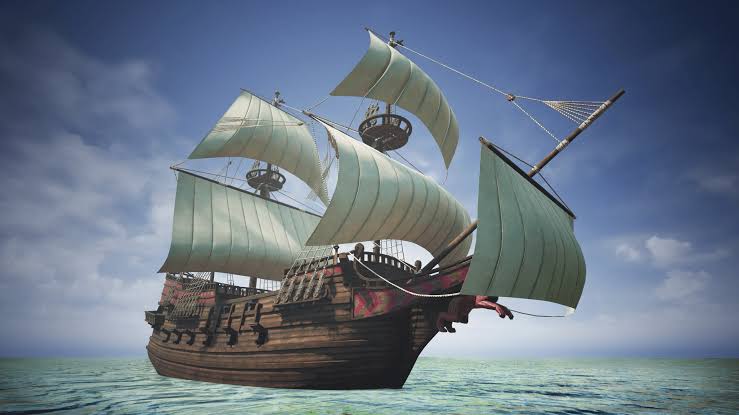The Trader Class
The Trader Class runs the 4th Law


The Trader Class
Section 1

Mercantilism
Section 2

Capitalism: Outside Ownership
Section 3

Neoclassical Macroeconomics
Chapter 11c

Liberalism and Libertarianism (Objectivism)
Section 5

Neoliberalism, Oligarchy, and Technocracy
Section 6